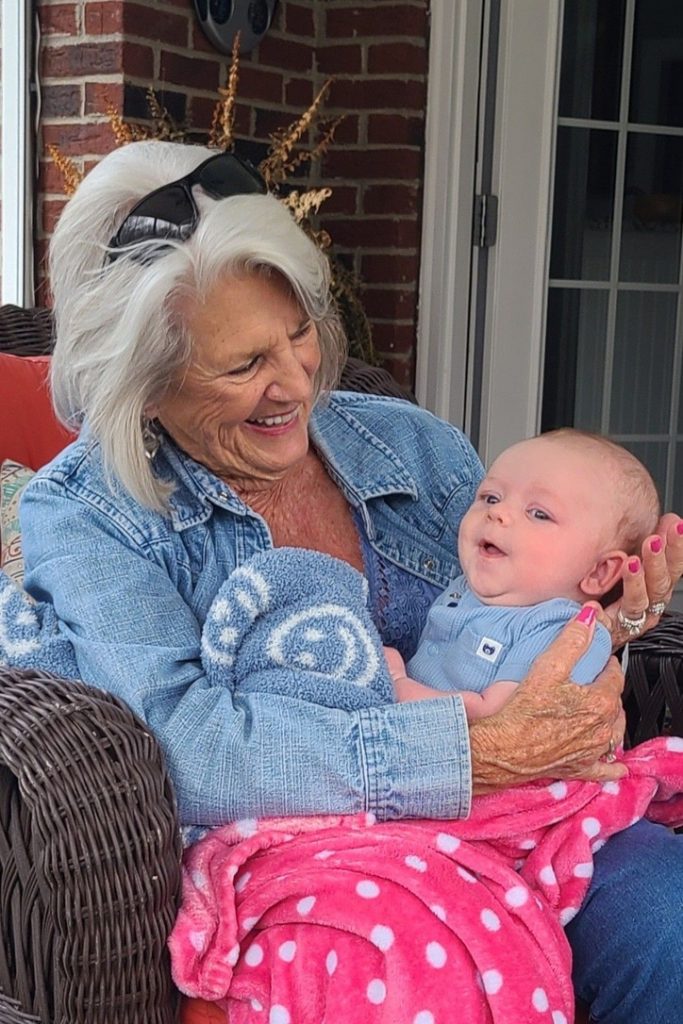
Don’t worry about the future. Or worry, but know that worrying is as effective as trying to solve an algebra equation by chewing bubble gum. The real troubles in your life are apt to be things that never crossed your worried mind, the kind that blindside you at 4 pm on some idle Tuesday.
Mary Schmich
Dissonance
Evil, I think, is the absence of empathy,” : Captain G. M. Gilbert after the Nuremberg trials. He was the prison psychologist charged with dealing with the Nazi’s.
“The fundamental weakness of Western civilization is empathy.”: Elon Musk
Spiritual forces
People are veritably besieged, on all sides, at every moment simultaneously by these claims and strivings of the various powers each seeking to dominate, usurp, or take a person’s time, attention, abilities, effort; each grasping at life itself; each demanding idolatrous service and loyalty. In such a tumult it becomes very difficult for a human being even to identify the idols that would possess him or her…
William Stringfellow
Quitting
All my life, coaches have been chanting sports slogans about never quitting: “Winners never quit, and quitters never win.” “Quitting is tough, not quitting is tougher!” “You cannot fail unless you quit.” And, while that kind of motivation is helpful when the immediate goal is to win a game, it’s not always applicable to real life. It’s easy to determine the winner in a game, just look at the score. Not so easy in life.
Sometimes quitting is a smart, healthy, and productive choice. But we’ve trained kids over the years to believe that quitting anything shows a lack of moral character. That results in them hanging on in jobs, relationships, groups, and so forth even when those things are eroding who they are. Yes, we don’t want to get in the habit of treating people or jobs as disposable—we need to put the work in to make sure we aren’t quitting out of fear or laziness or insecurity. But we also don’t want to stifle the potential for change and growth in our lives out of misplaced loyalty to clichés like “There’s no quit in me.” That may just reveal stubbornness over intelligence.
“I quit, therefore I am” doesn’t say quitter to me, but someone who judiciously assesses life situations that seem to overwhelm them until it feels oppressive to the point of changing who they are or who they want to be. The act of quitting defines who they want to be. The 21 DOGE workers who quit out of protest. The Washington Post columnist who quit yesterday after her editorial criticizing Jeff Bezos was rejected. (FYI: I quit my subscription to the Post yesterday in support of the columnist: “A top ‘Washington Post’ columnist resigns, accusing publisher of killing piece.”)
Quitting is a way to maintain the integrity of who you are, whether it’s quitting a heinous job, quitting a combative relationship, or quitting an unsupportive family. Sometimes jobs, relationships, and even families suck and they don’t deserve you. It takes guts and strength to abandon the comfort of the known for the uncertainty of the unknown. But, as Kenny Rogers sang, “You gotta know when to hold ‘em, know when to fold ‘em.” I know when to fold ‘em, therefore I am.
Kareem Abdul Jabbar
Belief and Behavior
For Jesus, there’s an unbreakable linkage between our beliefs and our behavior. If we believe in Jesus, we behave according to His word. If we don’t behave according to His teachings, then we don’t believe. It’s that simple. It’s that hard.
We live in a world that is filled with words. There are so many words coming at us from every direction, most of us have simply stopped listening. We don’t listen to the news. We don’t listen to our leaders. We don’t listen…well, to anyone.
But we do watch. We watch what other people do. We watch how others behave. We watch how they handle stress. We watch how they tend to their priorities. Then, when we find someone who is living well, we’re curious.
It’s not just Jesus who’s watching. Our neighbors are watching too. My guess is if we had more Christians behaving, more of our neighbors would be believing.
Mike Glenn
NPC’s
Lately, political writers have called attention to the tendency of billionaire Elon Musk to refer to his political opponents as “NPCs.” This term comes from the gaming world and refers to a nonplayer character, a character that follows a scripted path and cannot think or act on its own, and is there only to populate the world of the game for the actual players.
Heather Cox Richardson
Come as you are..
Something in your book that seems to be quite contrary to one of the central themes stressed in today’s church is your claim that the church is not about being welcoming and affirming and accepting people as they are. That seems to have become a truism today: Come as you are; all are welcome.
I don’t want you to accept me as I am; I’ve got too many problems. I want to be challenged to be better than otherwise I would be able to be. And so this idea of Come as you are—there are a lot of people who I don’t think should come as they are.
I mean, what is baptism? It’s not coming as you are. It’s being drowned in the water of the faith that makes you a different human being than you were before baptism. So Come as you are is a slogan that might be good for self-help groups, but it’s not a slogan that’s good for the church.
Stanley Hauerwas – Jesus Changes Everything- A New World Made Possible
Smashing
Smashing the old order does not, in itself, create anything at all. The Visigoths and the Vandals built nothing on top of the ruins of Rome. They indulged their thumos and scampered away to feast for a while on the wealth they looted, and then they disappeared into myth and memory.
https://www.noahpinion.blog/p/this-thing-will-fail?utm_source=substack&utm_medium=email
this decade, the consensus among supposed experts has again and again proven to be badly mistaken.
Most “serious people” predicted that Britain would vote to remain in the European Union.
Most “serious people” were confident that Donald Trump would fail to win the Republican nomination and certain that he would lose the general election.
Most “serious people” knew that the Covid pandemic would not pose a serious threat to people and that the virus did not originate in a lab leak and that mass events were a thing of the past and that vaccines couldn’t possibly be developed in less than three years and that these new vaccines would stop all transmission of the virus.
Most “serious people” predicted that Russian troops would enter downtown Kyiv within days and that Ukrainians would beat back Russian troops in a matter of weeks and that Russians were on the path to certain victory after all.
of course most “serious people” believed that consolidated democracies like the United States could never experience democratic backsliding and that extremists would never take power in this country…
YASCHA MOUNK
Providence of God
“When I consider Your heavens, the work of Your fingers, The moon and the stars, which You have ordained, What is man that You are mindful of him, And the son of man that You visit him?” (Psalm 8:3–4)
The work of God’s providence surrounds us at all times, though our hearts are frequently out-of-tune with the eternal hymn of its working. We are deeply aware of every offense against goodness, every tragedy, every rumor of evil, while we constantly ignore how we are preserved in health, delivered from danger, and overshadowed by God’s brooding goodness. In the math of good and evil, the miracle of our very existence seems to be factored as a zero.
I have come to think that the doctrine of divine providence is more readily seen by the old than by the young. For the old, most of life is “in the rear-view mirror,” while, for the young, it rushes towards the windshield at ever-increasing speeds. In hindsight, the hand of God seems clear, and, mostly, unmistakable. It is a mysterious working, particularly when I see good come out of seeming evil.
Fr Stephen Freeman
Great grandson and ARCHIE update

Last Friday we finally got to see two of our great grandsons born while we were in Florida and big bother Miles.
First was our big 10# chunk – Beau Allen Johnson. He is a sweet child and is loved by his Mom and Dad, Madison and Austin Johnson.


Next, we were able to see and hold Archie in the NICU, born 1#7oz , now 5# 3oz and growing. It was amazing. Still praying.


Miles and Daddy:

STILL ON THE JOURNEY